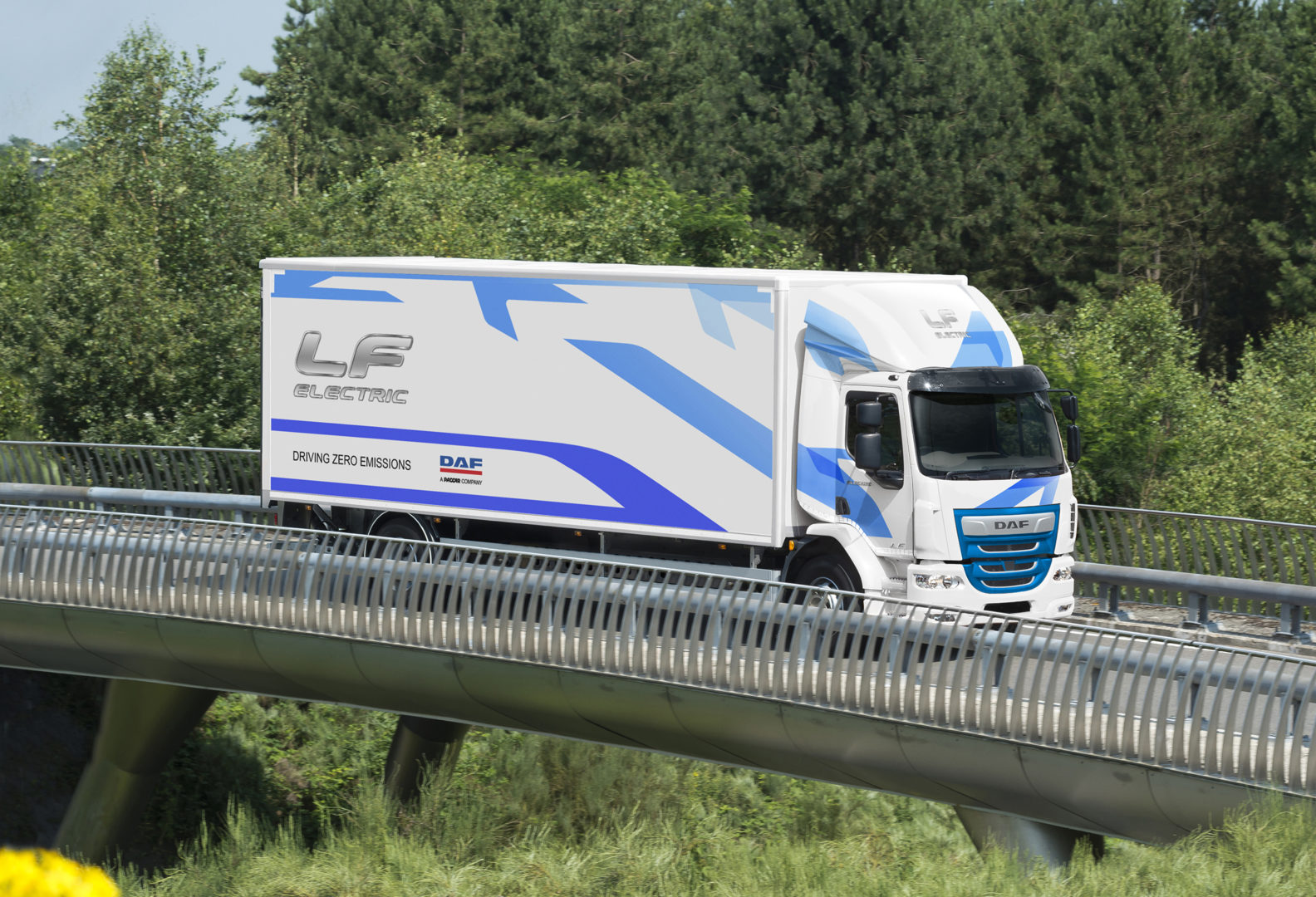
Battery Electric Truck Trial (BETT)
Case Study
The Challenge
In 2021, Innovate UK provided funding to showcase the potential of battery electric trucks in real-world settings. DAF, a renowned truck manufacturer, took the initiative to deploy a fleet of twenty 19-tonne rigid electric trucks across nine public sector fleets in various regions of England. The objective was to independently evaluate the performance of these vehicles and generate an unbiased evidence base to inform the industry of the benefits and drawbacks of adopting electric heavy goods vehicles (HGVs).
This initiative not only marks a significant milestone in the transport industry but also paves the way for a more sustainable future. With this evidence base, the industry can make well-informed decisions and take steps towards greener and cleaner practices. It’s a small step towards a brighter and more prosperous future for generations to come.
The Development
Cenex stepped up to this challenge when they were appointed by DAF as the independent trial monitoring and study partner. A project website was set up to disseminate live data and findings from the trial, as well as to showcase a fleet planning tool for stakeholders thinking of transitioning their HGV fleet to electric.
Our servers were connected to high-resolution telemetry systems installed in each of the vehicles, enabling us to gather detailed data on vehicle performance. This data was then processed in-house to produce comprehensive insight reports on various topics, including the effects of factors such as payload, ambient temperature, and ancillaries on vehicle range. In addition to this quantitative data, we also captured qualitative data through surveys and interviews with the drivers and fleet managers before and after the trial. This allowed us to gain a better understanding of how the vehicles were performing in the real world and how they were being used by those who were operating them.
Through our meticulous data gathering and analysis, we were able to gain valuable insights that will inform our decisions going forward.
The Result
The trial accumulated 21,000 hours or nearly two and a half years of vehicle activity logged, 21,000 journeys, 287,000 km travelled, and 275,000 kWh of electricity consumed. The average daily distance was 95 km, while the highest distance on a single day was 573 km with several top-up charges as part of the EV Rally 2023. The average real-world range during the trial was 270 km (equivalent to 1.08 km/kWh), varying between 225 km in urban driving (0.9 km/kWh) and 300 km in rural conditions (1.2 km/kWh).
Ambient temperature was a particularly important factor that affected the range, with an observed reduction of around 30% in winter compared to summer. The payload was also a significant factor in energy consumption, but its impact depended on the drive cycle. High payloads in urban driving used 30% more energy than low payloads, while high payloads in motorway driving used 10% more energy than low payloads.
Other results in the areas of drivers’ and fleet managers’ perceptions, business case and life cycle assessment (LCA) are available on the project website.




